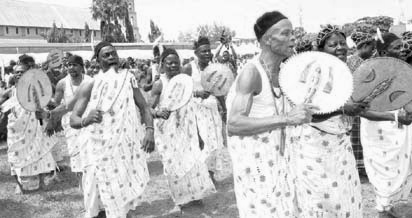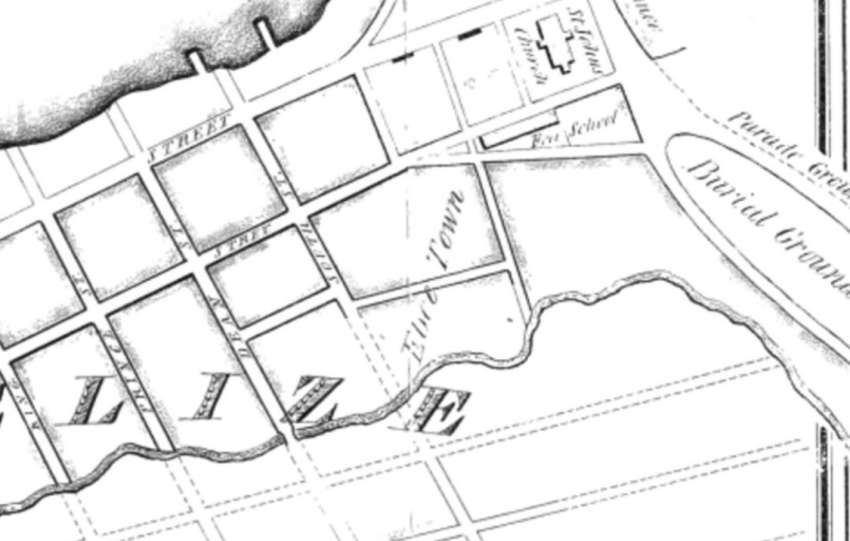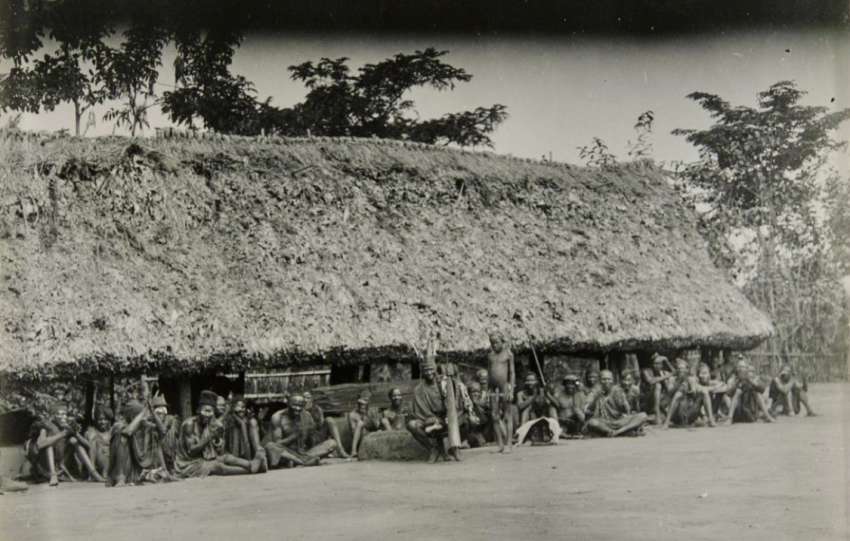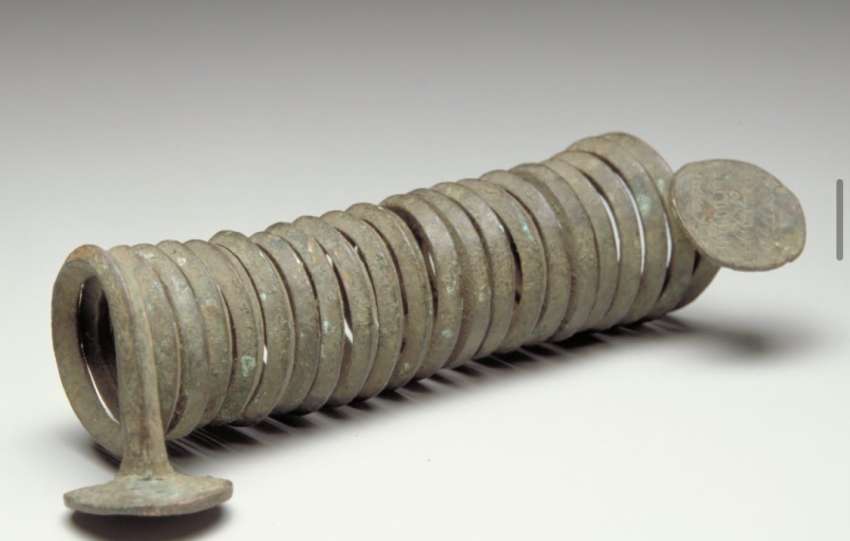
©OFAAC
Ndi Anioma in the eastern region are mostly discussed within the historical context of migrations and external influence. However, these various historical narratives do not stand a chance in overshadowing the deep seated Igbo roots of ndi Anioma.
Migrants from defunct Benin empire settled in Anioma Igbo areas like Illah, Akwukwu, Ogwashi-Ukwu and a host of other regions within Anioma due to succession issues and others taken as war prisoners by Anioma people.
Upon arriving the Igbo areas of Anioma thet peacefully coexisted with the aboringines of the area from Nri and also adopted the Anioma Igbo dialects and shared traditions, like adopting the Okpala Ani “most senior”, whilst the aboringines from Nri retained the chieftaincy.
They contributed to the evolution of social structures and also upheld the Igbo institution of the Obi which they met in the land, a case study of the Edo immigrants in the area can be seen in the Opu lineage which were later joined by new comers from Ogboni-Igbuzor and Nshi(Nri).
The immigrants from defunct Benin Empire were able to interwove their traditions and customs with the Igbo heritage of ndi Anioma despite bringing with them unique traditions like avoidance of eating the civet cat(a symbol of their flight from the defunct Benin kingdom.
As time went on, some other regional Igbo groups joined and this further established blend of cultures in the town that are well deeply rooted in Igbo identity, another Anioma area with influence of Edo immigrants is Illah. This community also showed their resilience in preserving its core Igbo language and culture.
Edaiken was also an immigrant of Edo who was honored ti establish and settle amoung the Ukwumaga lineage.
The descendants of Edaiken’s may today still recount his achievements, however, most Illah lineages, ranging from Umuagwu to Ukpo-Ologwu are distinctly of Igbo origins and this is evident in the dialects that’s been spoken in Illah today.
While ndi Anioma were open to integration of influences from Benin and Igala, the essential portions of the people’s identity(language, names, cultures) remained deeply rooted in Igbo.
The Cultural interplay historically shows the need to honor and show appreciation towards ndi Anioma as a backbone of Igbo culture, maintaining its identity and heritage, despite influences from foreign immigrants.
Ohadike, D. C. (1994). Anioma: A social history of the western Igbo people




